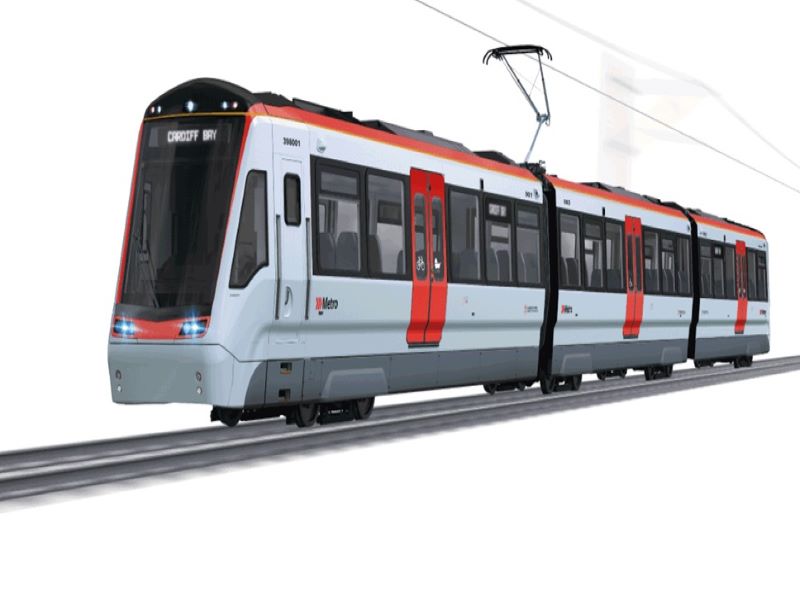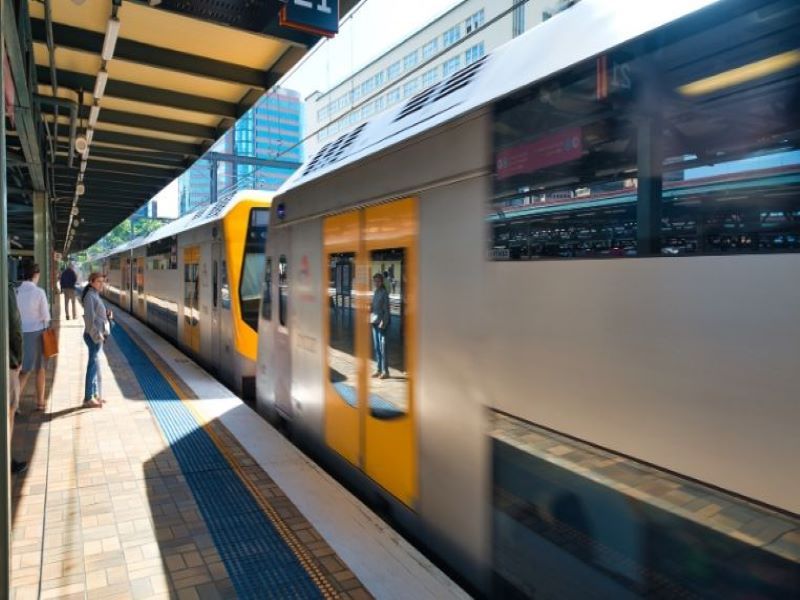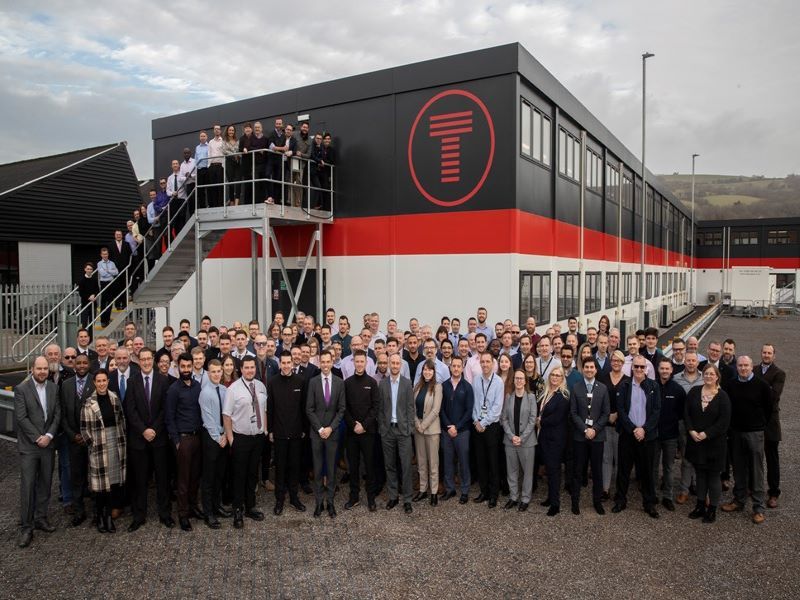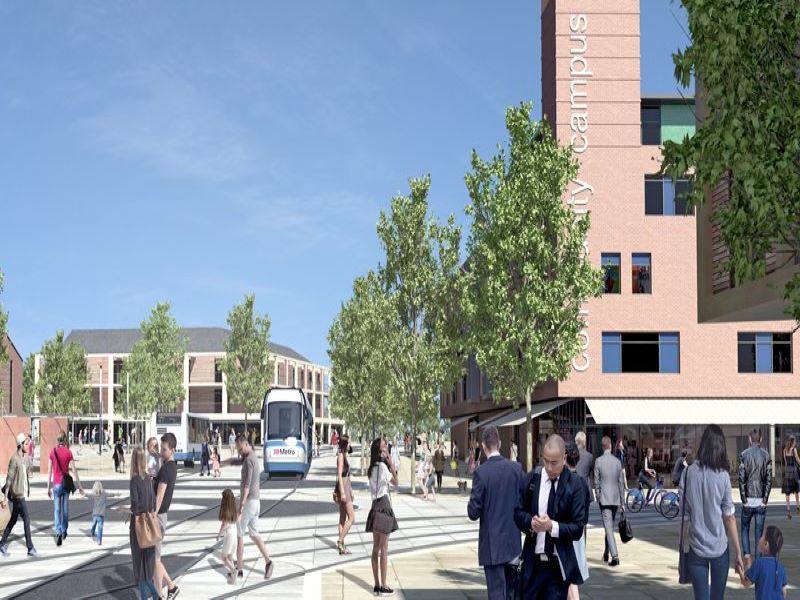The South Wales Metro is being developed as an integrated public transport network to enable convenient and faster travel across the Cardiff Capital Region. Transport for Wales, a company established by the Welsh Government, is developing the metro project, with works starting in Caerphilly county borough in June 2020.
With an estimated investment of £738m ($929m), the metro project is expected to be completed by the end of 2023. It is part of the £1.3bn ($1.65bn) Cardiff City Deal that seeks to drive economic growth in the capital region.
The metro project is backed by the European Union with funding of £158m ($201.24m), while the UK and Welsh governments are contributing £125m ($159.21m) and £445m ($566.78m) respectively.
The network will increase the number of trains per hour across the region and reduce journey times. In 2018, KeolisAmey won a contract to develop and operate the Wales and Borders rail service and the South Wales Metro. The 15-year contract is valid from June 2018 to October 2033.
Transport for Wales awarded early contractor involvement (ECI) contracts to Alun Griffiths, Balfour Beatty, and Siemens Mobility for the South Wales Metro in June 2019.
South Wales Metro details
South Wales Metro will integrate trains, light rail services, and buses. The project will deliver improvements to the Core Valley Lines, including Coryton, Rhymney, Treherbert, Merthyr Tydfil and Aberdare.
The plans include electrification and upgrade of 172km of track, including installation of overhead line equipment. In addition to upgrading all stations and signalling, Transport for Wales also intends to construct at least five new stations and upgrade bridges and level crossings.
New faster metro trains worth £800m ($1bn) are planned to be procured for the South Wales Metro and the Wales and Borders rail service. Transformational work on railway lines across South Wales will commence in August 2020, with the work expected to be completed in three years.
The metro will include the Valley Lines and services between Cardiff, Maesteg, and Ebbw Vale and extending to and beyond the Severn Tunnel Junction.
Phases one and two of South Wales Metro project
During the first phase, new stations were opened at Pye Corner and Ebbw Vale Town. Other works in phase one included upgrades to rail and bus stations and the implementation of bus corridor schemes related to the A470 corridor from north Cardiff to Rhondda Cynon Taf.
Expected to be completed in 2023, phase two will include Core Valley Lines enhancements along with the development of new stations and conversion of freight line corridors into passenger service sections. Improvements will also be performed to Ebbw Vale Line and a new spur to Abertillery will be developed.
The South Wales Metro Infrastructure Hub, which will be used for the transformation of the valley railway lines, was opened in January 2020. It is designed to support the delivery and future maintenance of the metro. The hub is planned to be used as a material distribution centre in the initial five years, following which it will serve as a maintenance depot.
The construction of a new £100m ($130m) depot at Taff’s Well began as part of the metro project in January 2020. The depot will house new metro trains and include a maintenance facility to service vehicles. A control centre will also be located at the depot to monitor metro operations such as signalling and train movements.
Other developments
In March 2019, Cardiff Capital Region City Deal, Transport for Wales, and the Welsh Government unveiled the £50m ($66m) Metro Plus programme comprising multiple local transport schemes in support of the South Wales Metro.
The initiatives planned under the Metro Plus programme include the development of transport interchanges, improved park-and-ride facilities, as well as new metro networks.
Some of the proposals are a rail link from Abertillery to Ebbw Valley at Aberbeeg, a new transport interchange for Caerphilly, bus and rail interchange at Barry, a transport hub at Porth, and a car park on the south side of Severn Tunnel Junction station.





